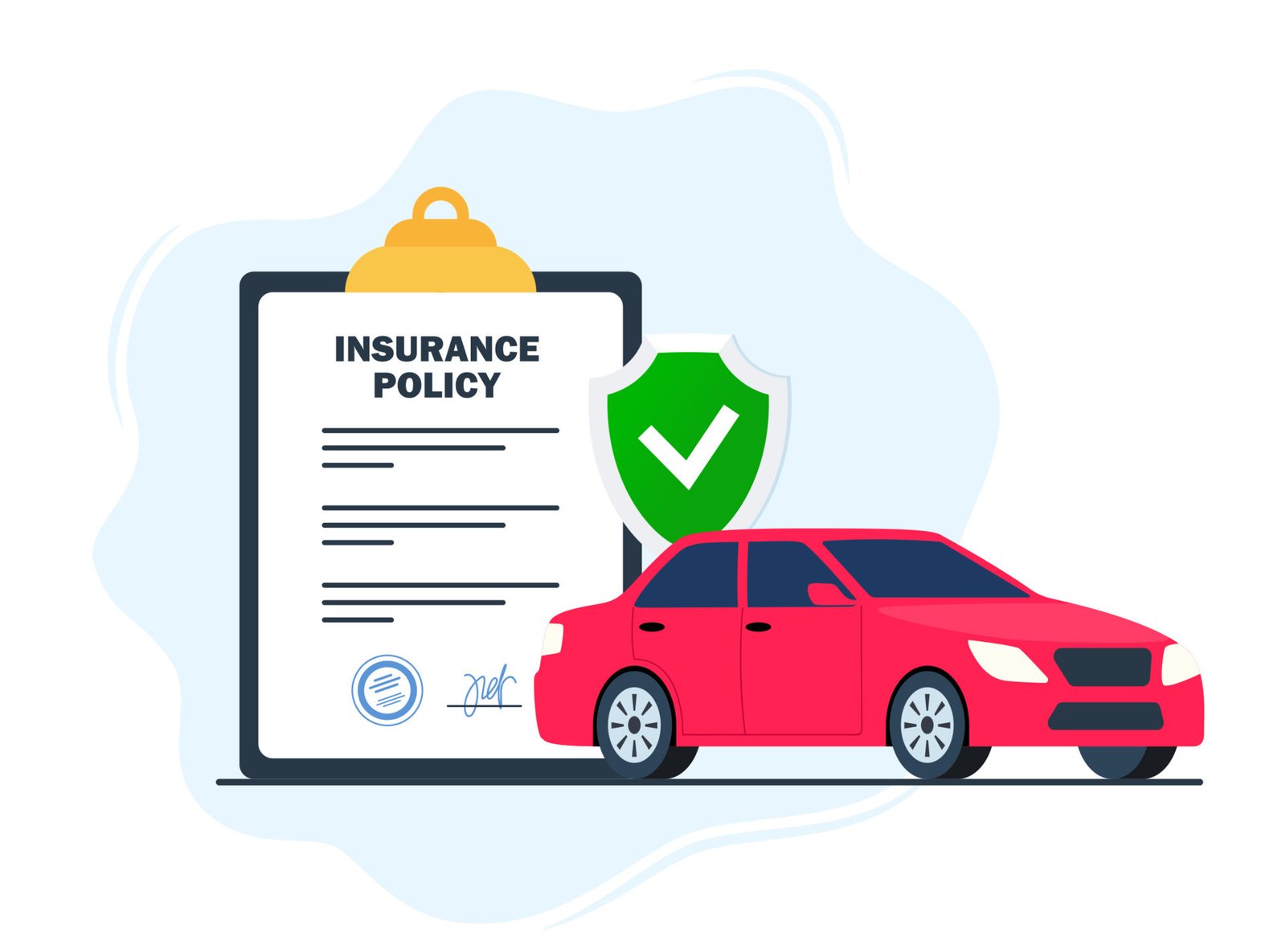Vehicle Insurance

Vehicle insurance is a contract between a vehicle owner and an insurance company that provides financial protection in the event of accidents, theft, damage, or other liabilities. It helps cover the cost of repairs, medical expenses, and legal liabilities in case of accidents or damages involving the vehicle. Different types of vehicle insurance policies offer varying levels of coverage, and they are often mandatory in many countries to ensure that drivers are financially responsible for accidents they may cause.
Key Types of Vehicle Insurance Coverage:
-
Liability Insurance:
- Bodily Injury Liability: Covers medical costs and legal fees for injuries caused to others in an accident.
- Property Damage Liability: Pays for damage caused to another person's property, like vehicles, buildings, or structures.
-
Collision Coverage:
- Covers the cost of repairing or replacing your vehicle if it's damaged in an accident, regardless of fault.
-
Comprehensive Coverage:
- Protects against damage to your vehicle from non-collision-related incidents like theft, fire, vandalism, natural disasters, and animal collisions.
-
Personal Injury Protection (PIP):
- Covers medical expenses for you and your passengers, regardless of who is at fault in an accident. It may also cover lost wages and other related expenses.
-
Uninsured/Underinsured Motorist Coverage:
- Protects you if you're involved in an accident with a driver who doesn’t have enough insurance or no insurance at all.
-
Gap Insurance:
- If your vehicle is totaled and you owe more on your loan or lease than the car's actual cash value, gap insurance covers the difference.
Factors That Affect Vehicle Insurance Premiums:
- Driving history: Accidents, traffic violations, and claims can increase premiums.
- Vehicle type: High-end cars or those with expensive parts cost more to insure.
- Location: Urban areas with high traffic density or theft rates may lead to higher premiums.
- Age and experience: Younger, less experienced drivers tend to have higher rates.
- Credit score: In some places, a lower credit score may lead to higher premiums.
- Coverage level: The more comprehensive your coverage, the higher your premium.
Having vehicle insurance helps mitigate financial risks and provides peace of mind on the road. Do you have specific questions about vehicle insurance or need assistance with choosing a policy?